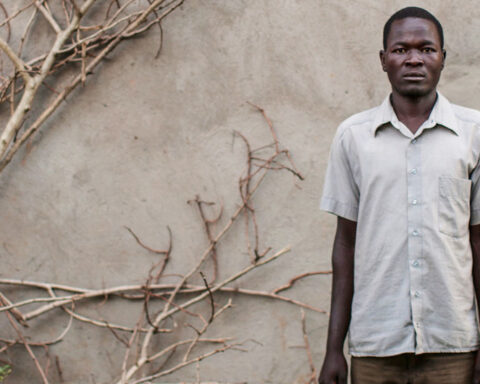A company whose 3-D printed products improve access to safe drinking water for communities lacking in resources has been helped by Enterprise Europe Network to introduce the technology in developing countries and emerging markets.
Blue Tap CIC was referred to EEN in 2019 for advice on grant funding opportunities for its 3D-printed, low-cost water purification technologies.
The company, founded in 2017 by Cambridge University students, had developed an early prototype of a chlorine doser which can be fitted into piped water systems in emerging markets.
It could be applied in more than 130 million households alongside schools, healthcare facilities and in humanitarian contexts or wherever the escalating climate crisis is putting an increasing stress on water resources and infrastructure.
Blue Tap had already been successful with several grants and competitions but needed further funding to commercialise their innovation and get it to market.
Grant options & application process
EEN innovation growth adviser Chris Woodward reviewed progress on the product and presented various options, including Innovate UK’s Smart Grants competition.
He supported Blue Tap throughout the proposal development stage, helping to develop their proposition and providing evaluation and a critique of the application, stressing the importance of potential commercial impact.
In August 2020, the company was awarded a Smart grant of £36,600 to cover the final development stages.
Francesca O’Hanlon, CEO of Blue Tap, said, “Not only does this kind of support allow us to buy all the materials and sensors that we need for technical development, it encourages us to keep moving forward with our goal of creating an affordable water purification product for millions of users.”
Exploring new partnerships
Rebecca Donaldson, assistant technical officer for the project, added: “We’d like to extend our thanks to Chris Woodward and Enterprise Europe Network for their continued support during the application and award administration process.
“We look forward to continuing our work with them to explore new potential partnerships for our technology.”
The product has been tested in Mbarara, Uganda, and Blue Tap is now looking for field partners such as NGOs with links to schools, households and healthcare facilities to demonstrate the technology.
Relevant water systems include buildings with piped water from a municipal supply and domestic rainwater harvesting systems with electric pumps & header tanks.






